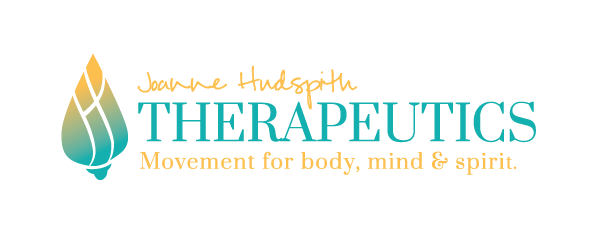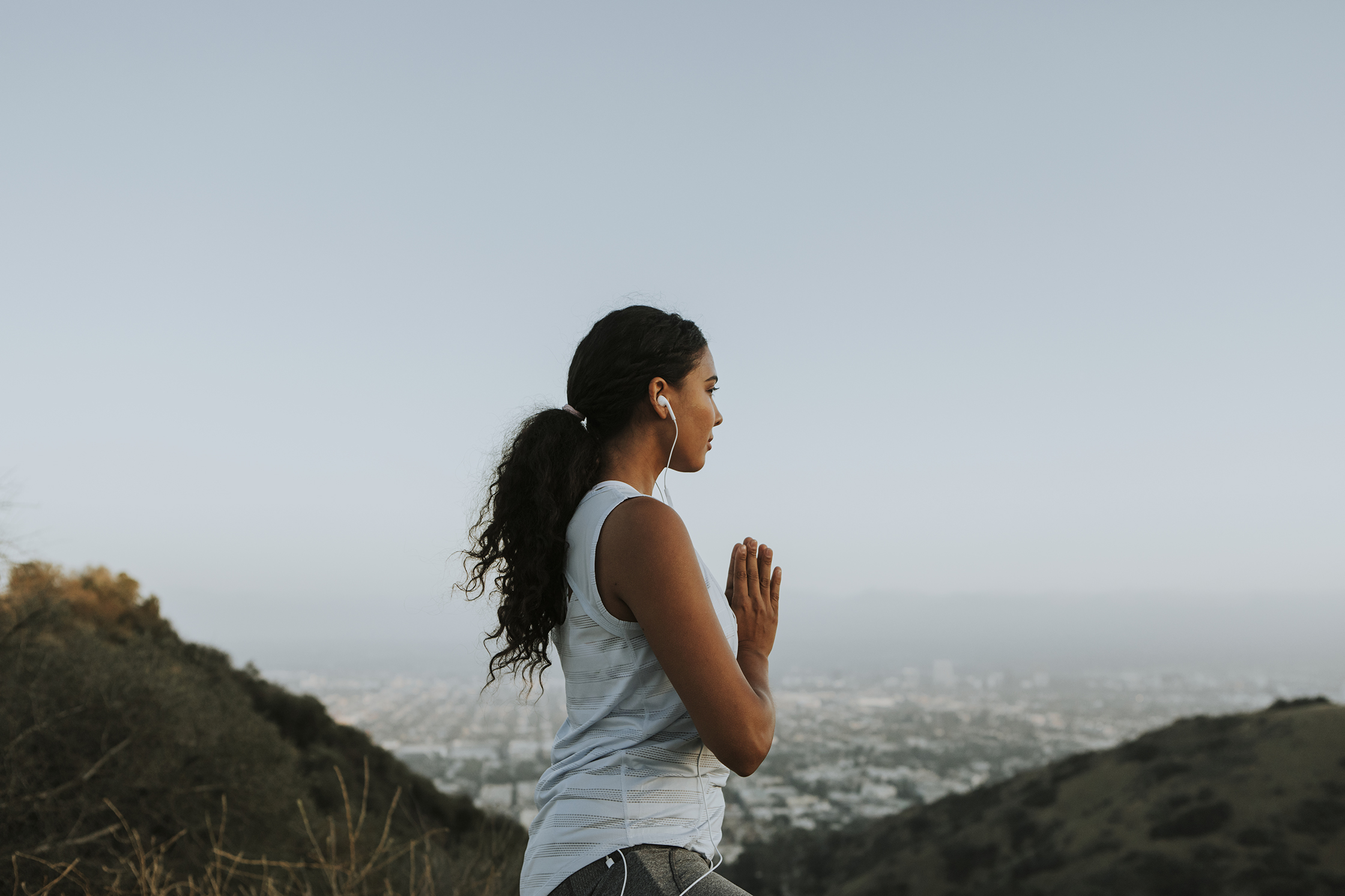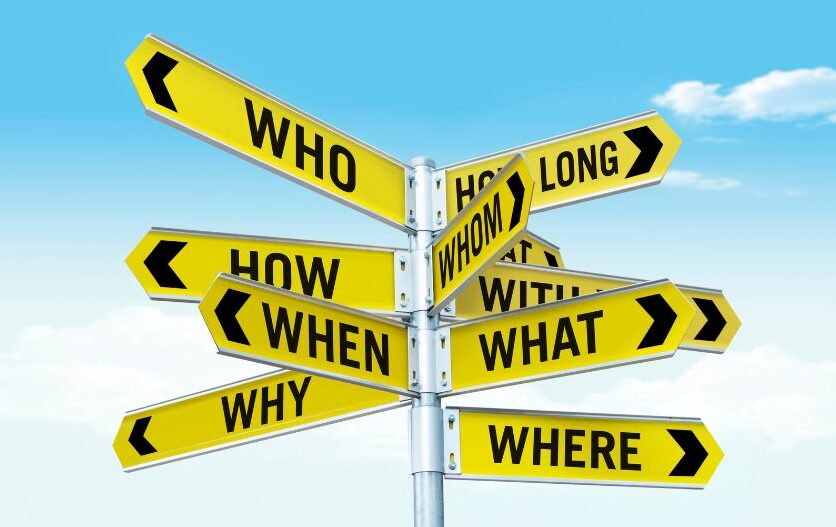There’s a concept called “Beginner’s Mind” that I was taught almost 20 years ago (yikes!) in my yoga teacher training. To practice with a beginner’s mind is to acknowledge the attachments we have to how we think things should be – what we should be able to do, what we won’t be able to do, how it should feel, and how we’ll feel afterwards. (Notice all of those “shoulds”?!? If you’ve spent any time with me at all you’ll know how I feel about the word should!) Once we’re aware of expectations that are present, our movement practice no longer needs to be oriented around our expectations, and we can open up to other aspects of the experience that we may otherwise have missed.
I was invited to think a bit more deeply about this at a workshop a few years ago. The facilitator asked us to consider the different models we used when thinking or talking about the body and suggested that our experience of moving our body would be directly affected by how we describe the body. If I see my body as a series of connected pulleys and levers, my movement will reflect that. If I see my body as an intricate and complex organism of muscles and connective tissue that communicate with each other to support my bones and organs, that will be reflected in the way I move.
Our expectations can easily limit and confine us, particularly if we’re not aware of them. Once we become aware of our expectations and the role they’re playing in our experiences, we can start to make some different choices. What words and images do you use to describe your body and how it moves? What are your expectations? How have your experiences informed your expectations? I’m not suggesting that we can think our way into a body we don’t have, but I firmly believe that our experience in our body isn’t static; it can shift. And as our experience shifts, so can our expectation. Or does a shift in expectation change the experience?
As these thoughts roll around in me, I can’t help but think of the ways expectations inform other aspects of my life, from my own abilities and skills to my relationships with others. There are many stories that accompany me through each day – about myself, about others, about the world. Some stories are true, some are not. The untrue stories usually involve me judging myself or others. They spring from a moment of doubt or disappointment, are strengthened and fed by shame, anger or resentment, and I protect them until they become a part of me.
My stories become the expectations that I bring to my life – expectations around my own behaviour and that of others. My stories affect the way I read an email, teach a class, have a conversation around the dinner table. What I bring to a situation when I believe I am capable is very different from what I bring when I believe I am incompetent. A text or an email from someone who I know thinks highly of me reads differently than one from someone who I believe doesn’t like me.
It’s important for us to learn from our experiences – that’s what keeps us alive – but it can be so harmful (to ourselves and others) to base our behaviour on an untrue story that we’ve been nurturing for years and years.
I wonder what it would be like if we brought the concept of Beginner’s Mind to other parts of our lives. What if we start to acknowledge the shoulds and expectations that show up in our relationships with ourselves and with others? Can we get curious about the stories that are behind them? What new joys and pleasures might we discover when we allow those stories and expectations to fall away?
Articles about happiness seem to keep popping up in front of me these days.
(I wonder if there’s an algorithmic involvement?) Here are a couple of interesting reads I’ve come across in the last month:
The Satisfaction Trap: How to find Happiness – a longer read, and a fascinating look into what drives our dissatisfaction and how we might start to rethink what is enough, what is essential.
I wish there had been a Psychology of Happiness class when I was in University. Here’s an interview with Yale prof Laurie Santos on Positive Psychology you might find interesting.




